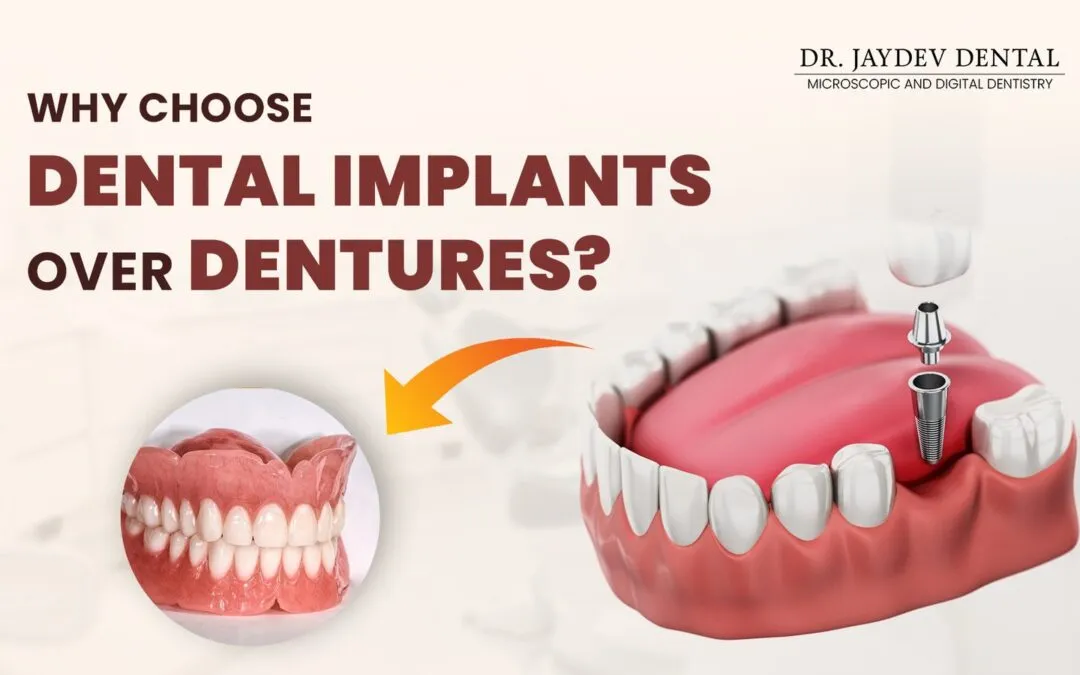Teeth are the first part that brightens the smile and initiates communication before you initiate verbally. Every one of us is more concerned about our smile and its structure to present ourselves confidently. Maintaining the right balance of healthy and glowing teeth is a dream of many people who are concerned about their smile structure.
There is much advancement in dental treatments and smile design. As a result, the replacements for teeth have also emerged as new. When you need to replace one or more teeth or fill the gaps in between, there are few options including dentures and implants. These not only improve the teeth structure but also keep your mouth healthy. Of this choice, the right solution for your problem may depend on many factors into consideration right from the health of your teeth and gums to the budget you are willing to spend.
Regardless of the cause of a missing or broken tooth, if you are looking to replace a lost tooth or make adjustments in tooth gaps, you are now at the right place to decide on which suits best for you and in which way.
For most people like you, there is an utmost confusion or less clarity on what to choose for their teeth. For those, in this blog, we summarized the best and most effective tooth replacement options with the pros and cons of each of them.
Let us understand the below contents:
What are Dental Implants?

Dental Implants are nothing but adding a tooth in place of the broken tooth with small titanium “root-form” screws. These are placed deep into your jawbone to replace the missing teeth. After these screws were fixed, implants were restored to place the dental crowns on top. These implants later provide a solid foundation to support a natural-looking crown or bridge. These dental implants provide you with greater retention and stability compared to removable partial dentures. On the whole, dental implants are artificial teeth roots.
Most the dental organizations are prescribing the dental implants over dentures for the following reasons:
- Dental implants bring you the complete natural teeth function and feel.
- The success rate of them is 90% with long-term benefits.
- Over time, dental implants preserve the jawbone from resorbing or disappearing.
- Dental implants can be immediately placed in most cases. While in other times, implants may require staged treatment for at least two procedures.
Is it worth getting Dental Implants?

From the above overview of dental implants, it is clear that these retain the feel and function of the natural teeth. Now, you are clear with what dental implants are and what their impact on broken or decayed teeth is.
Now, let us understand how long dental implants are worth. Before you go to buy anything or undergo any treatment, the first thing you do is validate the procedure you are suggesting against your problem. A missing tooth has deep-rooted oral problems that disturb the smile structure. If the missing tooth is left untreated or ignored, it may lead to:
- Deformation of dentition.
- Increase in gaps of the tooth.
- Induction of gum diseases or infections.
- Deformation or unstructured face and smile.
- Absorption of the gingival bone when left untreated for a prolonged period of time.
- Diminished digestive function due to the inability to chew well.
What are Dentures?

Whether you are having dentures already or you are looking to get them or you know anyone with dentures, knowing about them completely helps you better understand how to care for them or maintain them to retain their benefits. So, let us help you understand Dentures!!
Dentures are the artificial tooth and gums formed and attached to your mouth to replace the broken or damaged tooth or to reduce the gaps formed in the teeth. Dentures can either replace all teeth and gums or only be employed to fill in the missing teeth and broken gums. Usually, dentures are custom-designed artificial teeth that fit your mouth and match your natural teeth visually. As the dentures are made from hard resin, their fragility made them chipped or cracked easily. These materials wear down, putting you into replacing with new ones every 3 or 5 years and so. There are different types of dentures whose use is determined by whether or not there are still natural teeth that remain to support them.
Disadvantages of Dentures:
Despite all the benefits in terms of cost and cosmetic advantages, these dentures have some disadvantages such as imperfect fit and discomfort, susceptibility to periodic irritation, and difficulty in chewing.
Procedures for Dentures Vs Implants

To carry out implants, you require a bone to support the screw-like implants which are the base for your implanted teeth. The process starts with extracting the damaged root and then a small hole is drilled into the jawbone to place the screw. On top of it, the dental crown is placed which looks like an original tooth, and functions accordingly.
Dentures:
These are the removable tooth and jaw structures fixed either full mouth or where the damage is to be rectified. For this, you will be asked to give the impressions of your teeth to design the best-fit dentures. Once the dentures are ready, they are tested for alignment and adjustments before finally fixing them.
What to consider when choosing between dentures and dental implants?

Now, you have the clarity of what dentures and dental implants are. From the prior observations, we make it clear that Dental Implants bags have advantages compared to Dentures. Now, continue reading to learn about what to consider when choosing either of the alternatives.
Forms of attachment are the primary factor to look at before finalizing on dentures or implants. As both of these are placed in the mouth attaching to the gums and jaw. Healthy gums are the effective procedure outcome.
Functionality, having something irritating or disturbing in the mouth is quite challenging especially when we are speaking or eating. They may slip out of place if we chew something harder than them. All of these lead to tooth discomfort. Hence choosing the alternatives that bring the comfortable change is to be preferred.
Cost and Durability, Over time, dentures generate stress on supporting teeth and gums whereas implants act on their own support. Dentures are to be regularly replaced whereas the implants, though costly, last long.
Clinical Advantages of Implants over Dentures
Avoids Jawbone Deterioration:
When the tooth is lost, the body stops replacing the bone cells of that area at a regular rate as prior. This results in losing the brain cells faster than the body produces them. In any denture procedure, only the visible part is replaced but not the root layer that stimulates the jawbone growth. Implants show a significant result in this aspect by stimulating the jawbone which results in keeping the face looking healthy.
2. No more bulky Dentures:
Having some bulky replacements in the mouth is ultimately the biggest deal to speaking and chewing. Dentures are such discomforting procedures. Implants are not bulky as they are fixed from deep into the jawbone adding a crown from the top. These occupy the space as that of your original teeth and hence no bulky or heaviness on the gums or mouth.
3. Implants Lasts long Time:
While you are opting for some treatments, longevity, and durability should be your first concern. In this case, dentures are not durable as they are made from plastic bases which are not strong enough to resist the biting pressures. If you are having broken or missing teeth, dental implants find you the best option. They are placed from the root of the tooth and hence retain strength as the natural teeth.
4. Zero Chances of Developing Dental Caries:
Dental implants are made from one of the strongest metals, titanium. They are least susceptible to tooth decay. Once the dental implants are right in place, they will be effective and sometimes better than natural teeth.
5. Improves the maintenance of oral cavity:
When a tooth is broken, it creates a space inside the gums and in the jawbone. As the jawbone reduces its stimulation, the rate of spreading the infection from empty space is high, landing us with a severe cavity or oral health problems. When the implants are placed, it fortifies the bone and prevents the oral cavity.
Takeaway
As you are now clear about what are the benefits of dental implants over dentures. If you are still unclear about what to choose for your dental problems of breakage or gaps, talk to our specialist and get the right path for you.
And remember, anyone these days ends up with dental implants and you need not worry about sharing and getting the accurate treatment for it.

